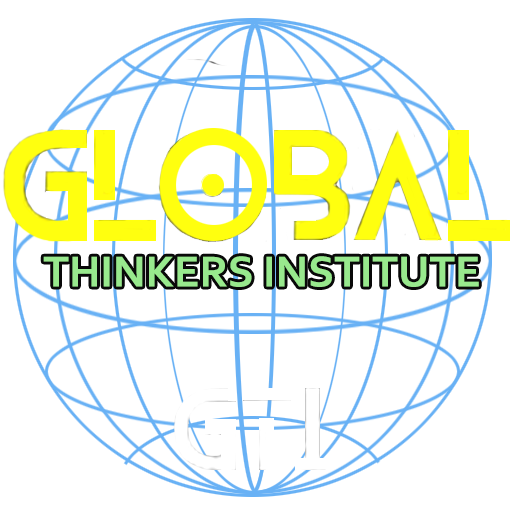GTI-Indonesian Embassy in Moscow held a discussion with the theme "Indonesia in the Global Geopolitical Transition, 28 February 2024 at the Indonesian Embassy in Moscow. Presenting several speakers, Muhammad Ma'ruf, Ph.D, Director, Global Thinkers Institute (GTI), Dede Nurdin Sadat, SH, MH (International Environmental Law Expert), Hendrajit, Executive Director, Global Future Institute (GFI), Faruq Ibnul Haqi, Secretary General of the Indonesian Student Association Alumni Association (IAPPI). Sabrang Mowo Damar Panuluh, B.Sc. or Noe, vocalist and keyboardist for the band Letto. Sabrang is also a humanist and thinker on global world order and AI.
Opened with remarks by Jose Antonio Morato Tavares, Indonesian LBBP Ambassador to the Russian Federation and the Republic of Belarus. Nanang Syaiful Fadillah, Minister Counselor, Information, Social Culture and Education Division. Jose explained the importance of Indonesia's strong human resources, amidst the global geopolitical map.
Muhammad Maruf explained the importance of the Pancasila philosophy as the geopolitical foundation of Indonesia. The opening of laws in the Indonesian constitution should be the foundation of the principles of free-active geopolitical values. Meanwhile, the facts of the struggle to establish a dynamic global world order must follow the static outline of Pancasila values.
Sukarno's idea of static and dynamic stars, rowing between Bung Hatta's two rocks is the essence of the geopolitical heritage of Pancasila-Indonesia. Pancasila people must be the center of uninterrupted human resource development. Both the people of the archipelago before 1945, the revolutionary people of the old order, the people of the new order of development, the liberal people of the reform order, must follow the Pancasila line of people without breaking. A universal human being who is loyal to the traditions inherited from his ancestors.
The issue of Indonesia's challenges in the geopolitical transition of the next 21 years within the framework of a golden Indonesia 2045 is the periodic changes in industrial society. Consisting of the complexity of industrial human challenges in the age of steam engines (Industrial Revolution 1.0), electricity (Industrial Revolution 2.0), computers and the internet (Industrial Revolution 3.0), digital industrial revolution (4.0).
The disciplines of Mathematics, Algorithms, Psychology and Sociology will be tools that will have a lot of influence on the formation of digital society. The world will consist of digital societies connected in big data systems. The superiority of digital technology will shape global order, military defense, patterns of interaction between countries and societies, increasing tensions in hybrid (universe) wars and economic corridor wars. The trade route connecting Asia to Europe and Africa.
Sabrang provides an important point for the world of diplomacy. Indonesia must have something to fear so that other countries will listen and negotiate seriously. Of course, it's not just fear without content, there must be strategic programs ready to be offered.
Hendrajid explained the role of Shanghai Cooperation, BRICS, as the main pillar for the formation of a multipolar world. Indonesia must immediately enter and follow the success stories of China and India. Dede elaborated on possible challenges to patent rights in various environmental issues on a global scale. Faruq highlighted competition and friction in connectivity (corridors). These include the Belt and Road Initiative (BRI), Indo-Pacific Economic Framework, North-South Transport Corridor, Transportation Corridor Europe Caucasus Asia (TRACECA).
This event was organized by the Association of Indonesian Students in Russia (Pemira) and the Indonesian Student Association Alumni Association (IAPPI).

